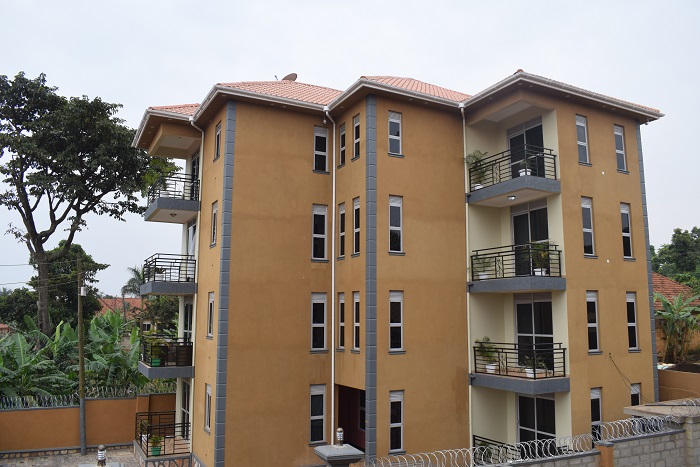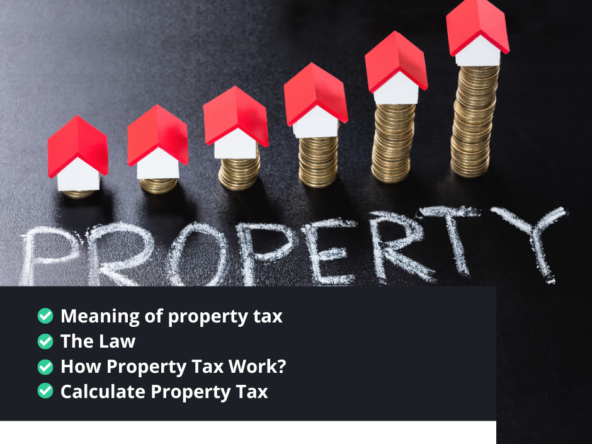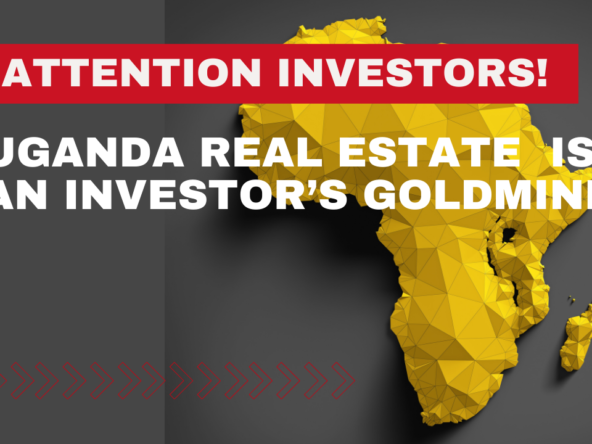How to make money from property in Uganda.
If you’re wondering how to make money from property, look no further than buy to let. Buy to let investment is one of the most popular and lucrative investment methods out there. By purchasing a buy to let property, investors can generate attractive returns and benefit from ownership of a valuable asset in the Uganda property market.
Before getting started with buy to rent, however, there are certain things you need to know about.
Whether you’re asking yourself ‘what is buy to let property?’ or ‘is buy to let a good idea for me?’, or you want to explore the best place to buy to let uganda towns have to offer, you can find all of this and more in our blogs to buying property to rent.
What is a buy-to-let property investment?
Buy-to-let investment is very different from owning your own home.
When you become a landlord, you’re effectively running a small business – one with important legal responsibilities.
The property market presents one of the world’s most popular investment prospects, taking attention away from other types of investments like stocks and shares or premium bonds.
For those looking to get into property, there’s a range of different investment options to choose from for those keen to know how to make money from property in the Uganda.
In this helpful guide, we look at some of the most popular strategies for making money from property and explore reasons why buy to let is viewed as one of the best investment routes. We also list seven top tips for all investors to keep in mind on how to successfully make money from property with buy to let.
Buy to let investment is one of the best asset classes to consider if you want to make money from property to boost your income, grow a diverse investment portfolio, and make returns that will help you in later life.
If you’re interested in getting started with the buy to let property market and want to find out tips on how to start investing in property, you’ve come to the right place.
Why invest in property?
With property, there are two main potential ways to make a return:
- Rent – you can earn an income by letting out property to tenants.
- Selling for a profit – if you buy property and later sell it at a higher price.
- Even if you don’t want to buy a property yourself, you can get these potential benefits indirectly by investing in a fund investing directly in property.
There are also other related ways to invest, for example through property maintenance and management services.
Before investing in property
Before you make any decision about investing in property you should find out as much as you can.
You can research the potential pros and cons on your own, or take advice.
You’ll also want to look at whether a different type of investment might better suit your goals.
These guides will get you started:
A buy-to-let property investment may be right for you if you:
- Prefer investments that feel more tangible than stocks and shares
- Are willing to tie up your money for a long period of time
- Understand property prices can go down as well as up
- Are willing to take the risk that you might not earn a profit on your investment
- Understand and accept the additional risks that go along with borrowing money to buy a property
- Understand and accept the costs and time involved in owning and running a property and the impact that this will have on your potential return.
How does buy-to-let property investment work?
To buy a residential property, you can use your own cash or take out a buy-to-let mortgage with a cash deposit.
Keep in mind that a mortgage comes with risks – if you need to sell the property for a loss, the sale price might not cover all that you owe on the mortgage.
You would need to make up the difference.
Also remember, that if your tenants leave and there is no rent coming in, you still need to make your mortgage repayments.
Once you buy a property, you can potentially earn a profit in two ways:
- Rental yield – what your tenant(s) pay in rent, minus any maintenance and running costs, like repairs and agent fees.
- Capital growth – the profit you earn if you sell your property for more than you paid for





